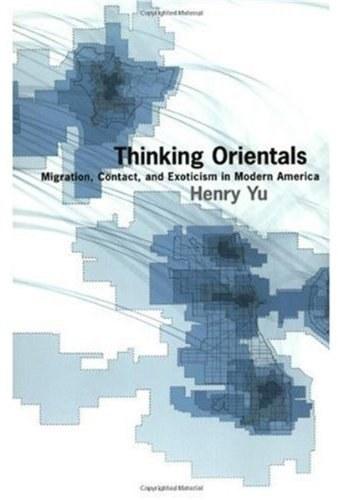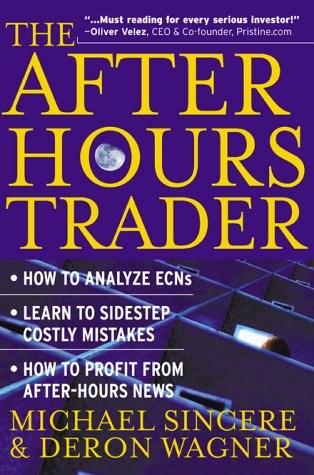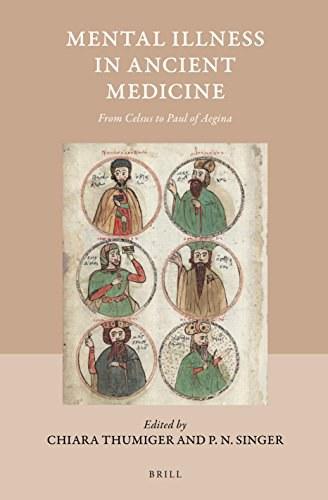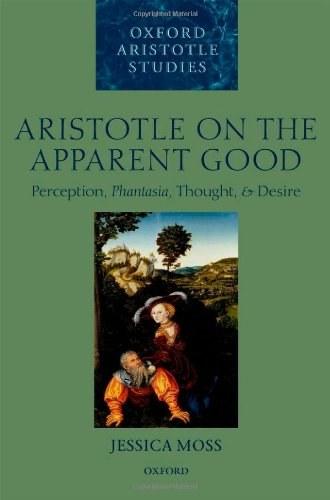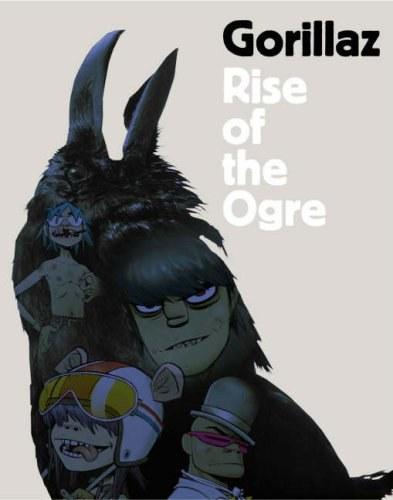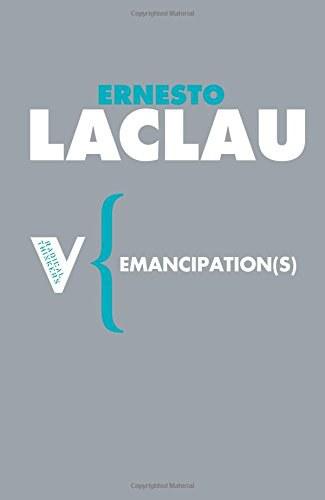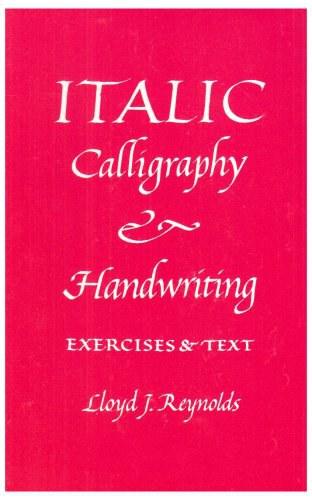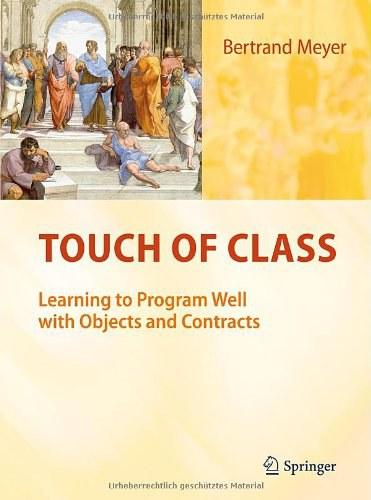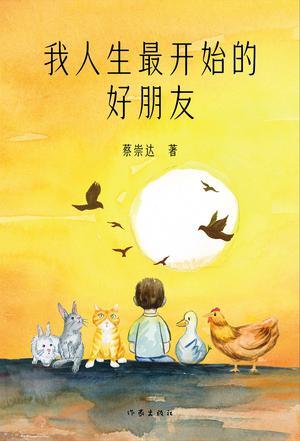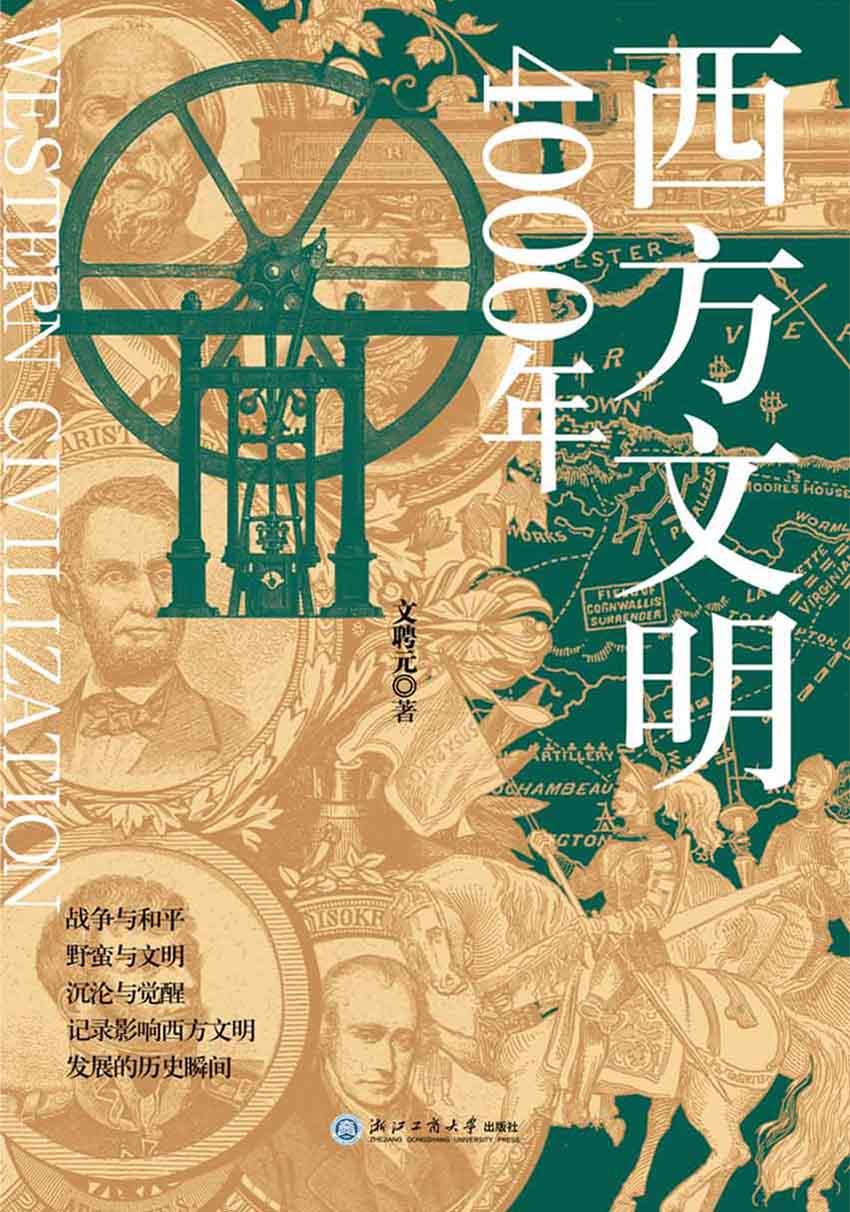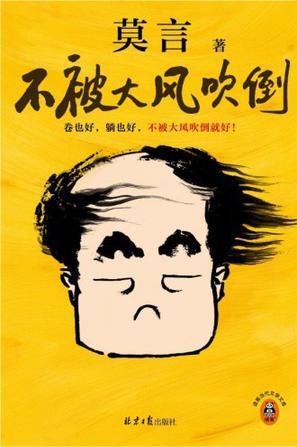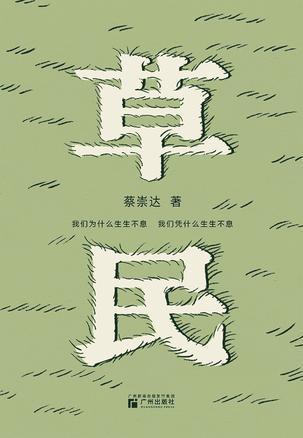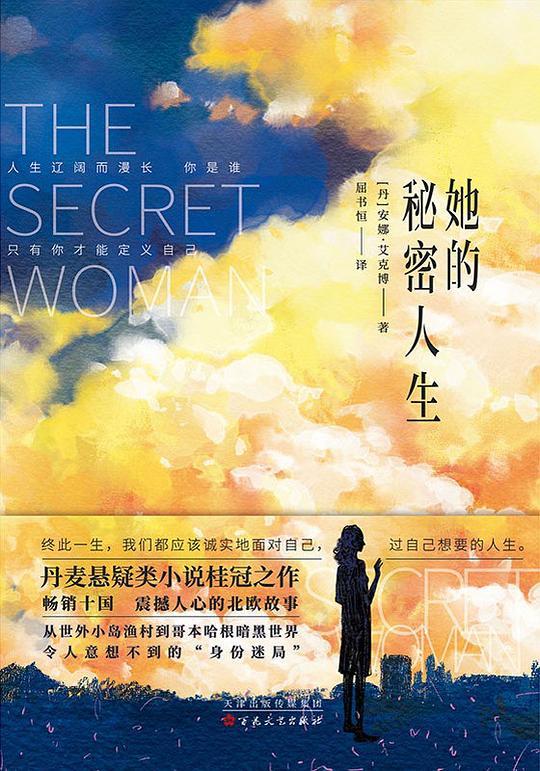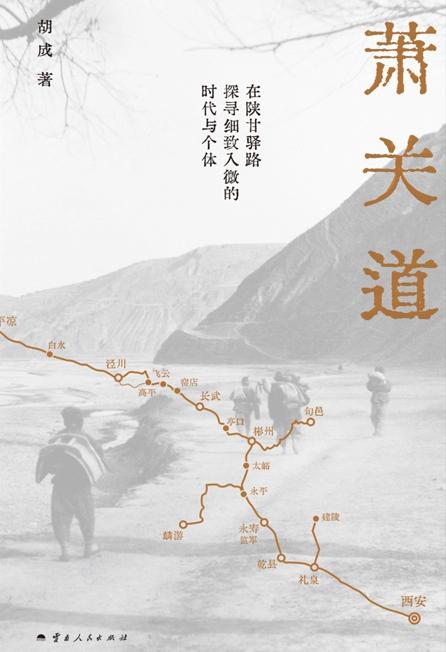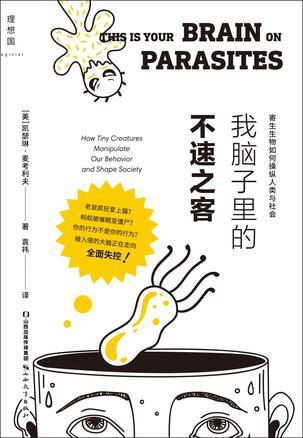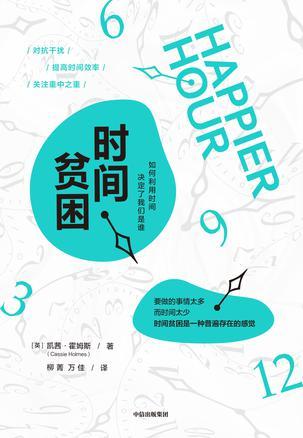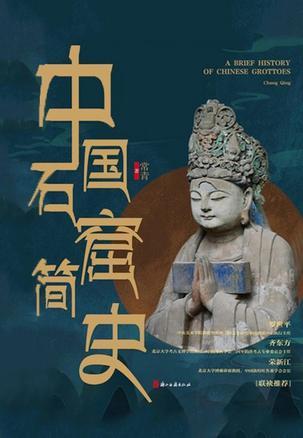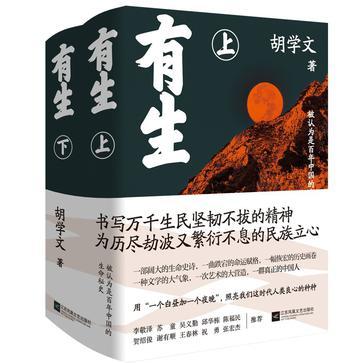- 书名
Thinking Orientals
- 作者Henry Yu
- 格式PDF
- ISBN书号9780195151275
- 出版年2002-03-14
- 出版社Oxford University Press, USA
- 页数278
- 定价USD 40.00
- 装帧Paperback
- 标签
历史
Immigration
内容简介
What is the difference between an "Oriental" and an "Asian American"? In this fascinating study, Henry Yu explains how Chinese Americans and Japanese Americans came to be lumped together as "Orientals" in the United States, and how this eventually led to their understanding of themselves as Asian Americans. Yu tells the story of how white American intellectuals from the University of Chicago sought out Americans of Chinese and Japanese ancestry. Detailing how they together constructed theories about an exotic Orient completely opposite from American culture, Yu describes the history of American Orientalism and shows how it helped to produce modern notions of race and culture. The ideas that arose from studying Orientals, connected by social scientists with theories about African Americans and white European immigrants, inform the way we understand the race in America today. Yu uses poignant vignettes to illustrate the difficult and often ironic positions of intellectuals of colour, providing a glimpse into what W.E.B. Dubois called the "double consciousness" of racial minorities in the United States. He goes on to discuss how cultural theory has become confused with anti-racism, and how a colourblind denial of race has failed to free us from racism. His book is one of the first to describe how crucial Asian Americans have been in the shaping of theories of race and culture, helping to move us away from the black/white paradigm of race relations. Yu explains why an Asian American can be a fourth-generation citizen of the United States and yet still be considered a foreigner. He also details how theories about Asians as a "model minority" were created in the aftermath of Japanese American internment, and how Asian Americans have been pitted politically against African Americans and Hispanic Americans.
内容简介
What is the difference between an "Oriental" and an "Asian American"? In this fascinating study, Henry Yu explains how Chinese Americans and Japanese Americans came to be lumped together as "Orientals" in the United States, and how this eventually led to their understanding of themselves as Asian Americans. Yu tells the story of how white American intellectuals from the University of Chicago sought out Americans of Chinese and Japanese ancestry. Detailing how they together constructed theories about an exotic Orient completely opposite from American culture, Yu describes the history of American Orientalism and shows how it helped to produce modern notions of race and culture. The ideas that arose from studying Orientals, connected by social scientists with theories about African Americans and white European immigrants, inform the way we understand the race in America today. Yu uses poignant vignettes to illustrate the difficult and often ironic positions of intellectuals of colour, providing a glimpse into what W.E.B. Dubois called the "double consciousness" of racial minorities in the United States. He goes on to discuss how cultural theory has become confused with anti-racism, and how a colourblind denial of race has failed to free us from racism. His book is one of the first to describe how crucial Asian Americans have been in the shaping of theories of race and culture, helping to move us away from the black/white paradigm of race relations. Yu explains why an Asian American can be a fourth-generation citizen of the United States and yet still be considered a foreigner. He also details how theories about Asians as a "model minority" were created in the aftermath of Japanese American internment, and how Asian Americans have been pitted politically against African Americans and Hispanic Americans.
猜你喜欢
-
Michael Sincere
-
Chiara Thumiger
-
Jessica Moss
-
Reddy, Srinivasa T.
-
Parikh, Dilip M. 编
-
Gorillaz
-
Lathuill Re Roger
-
Ernesto Laclau
-
Lloyd Reynolds
-
Bertrand Meyer
大家都喜欢
-
蔡崇达
-
文聘元
-
莫言
-
蔡崇达
-
[丹]安娜·艾克博
-
胡成
-
凯瑟琳·麦考利夫
-
凯茜·霍姆斯
-
常青
-
胡学文

